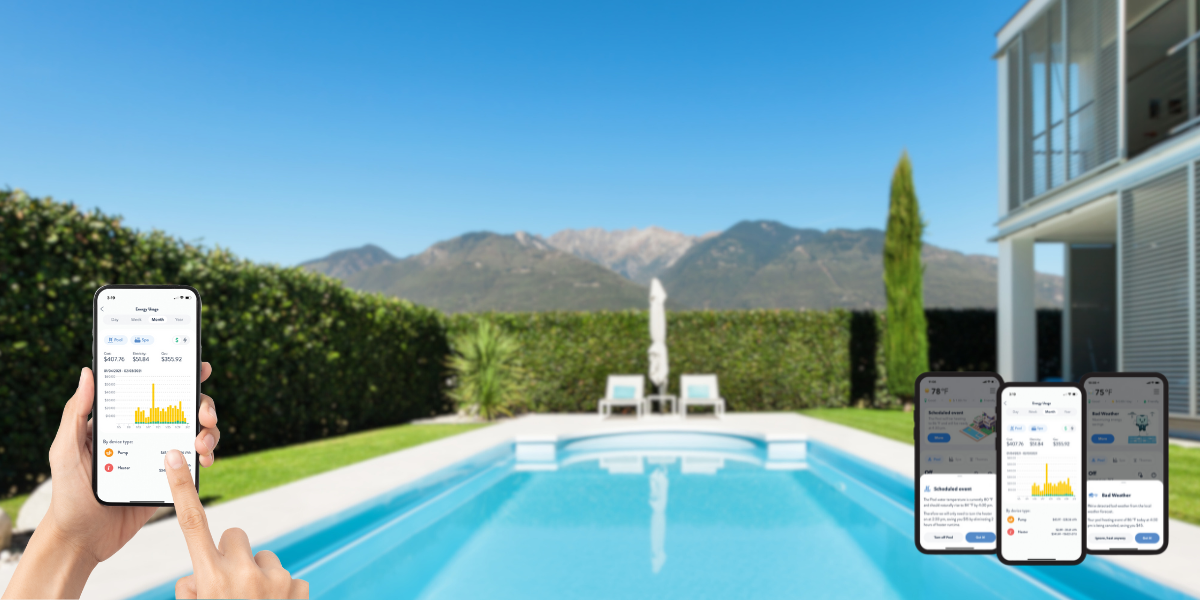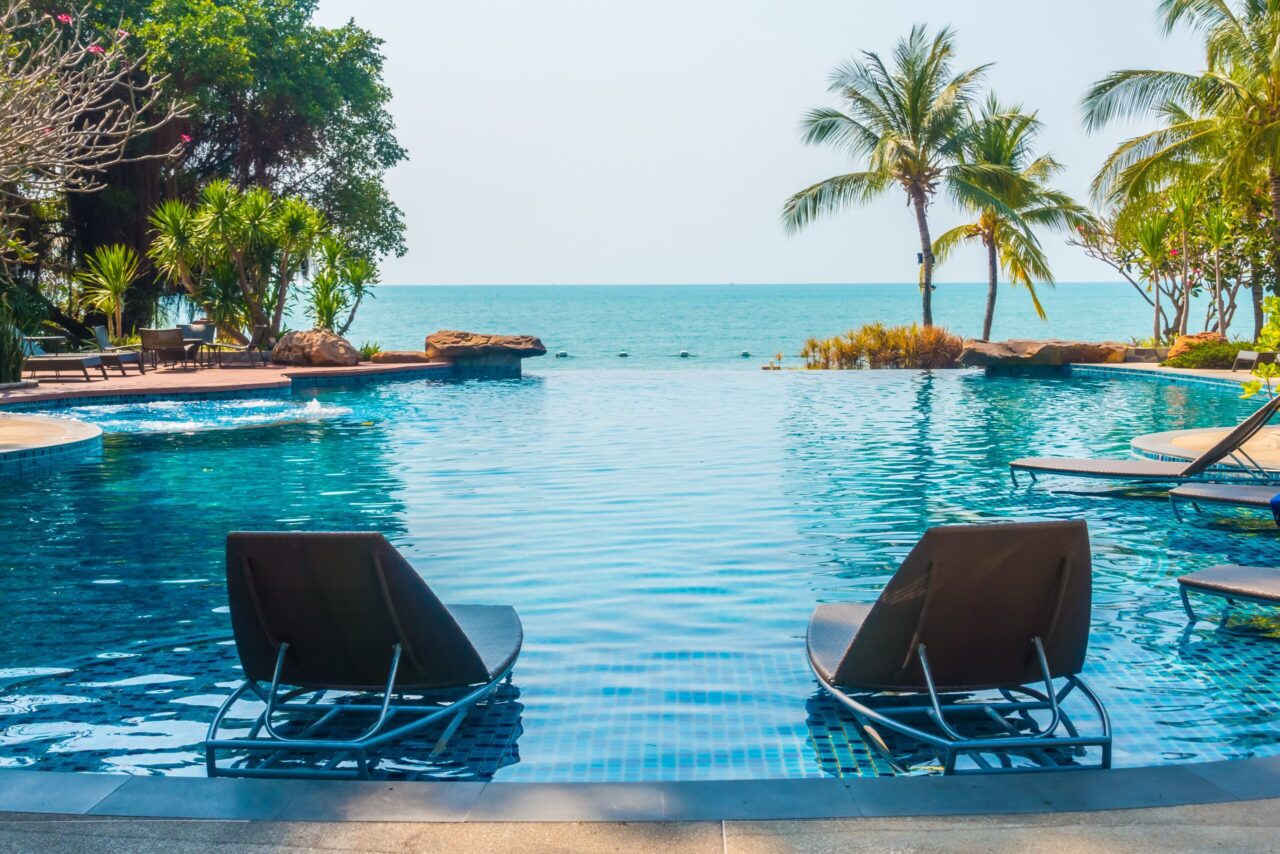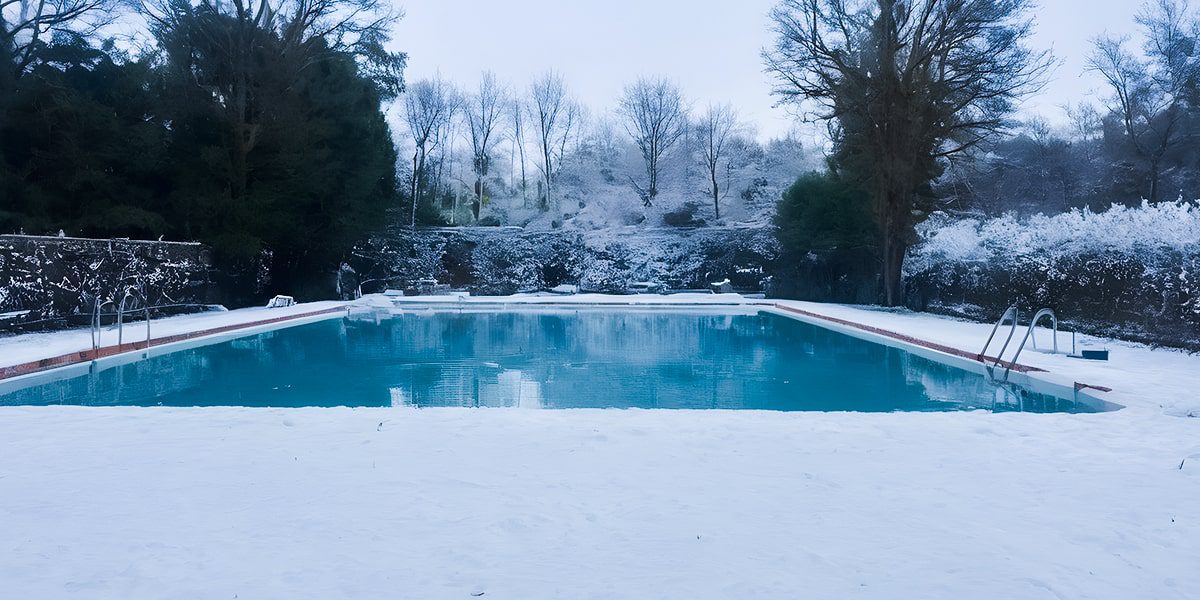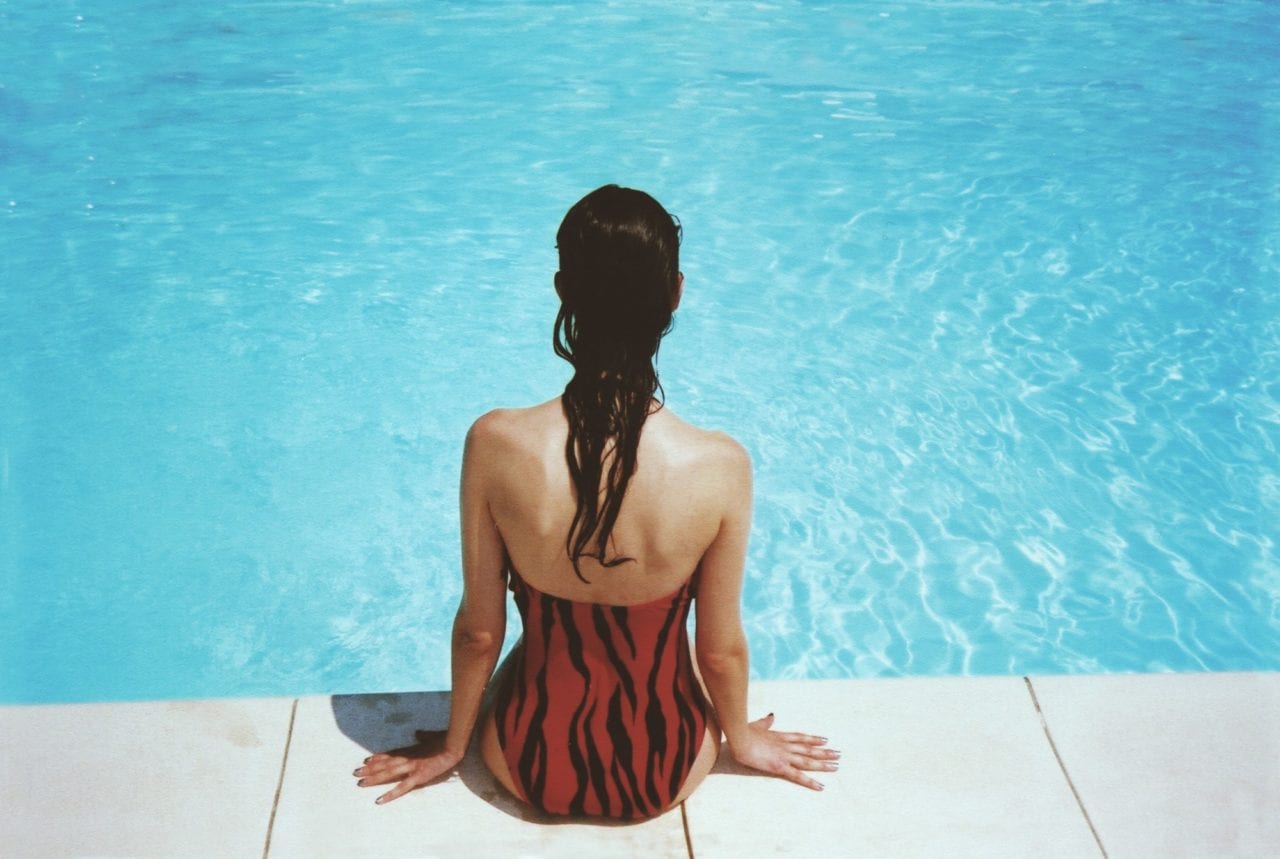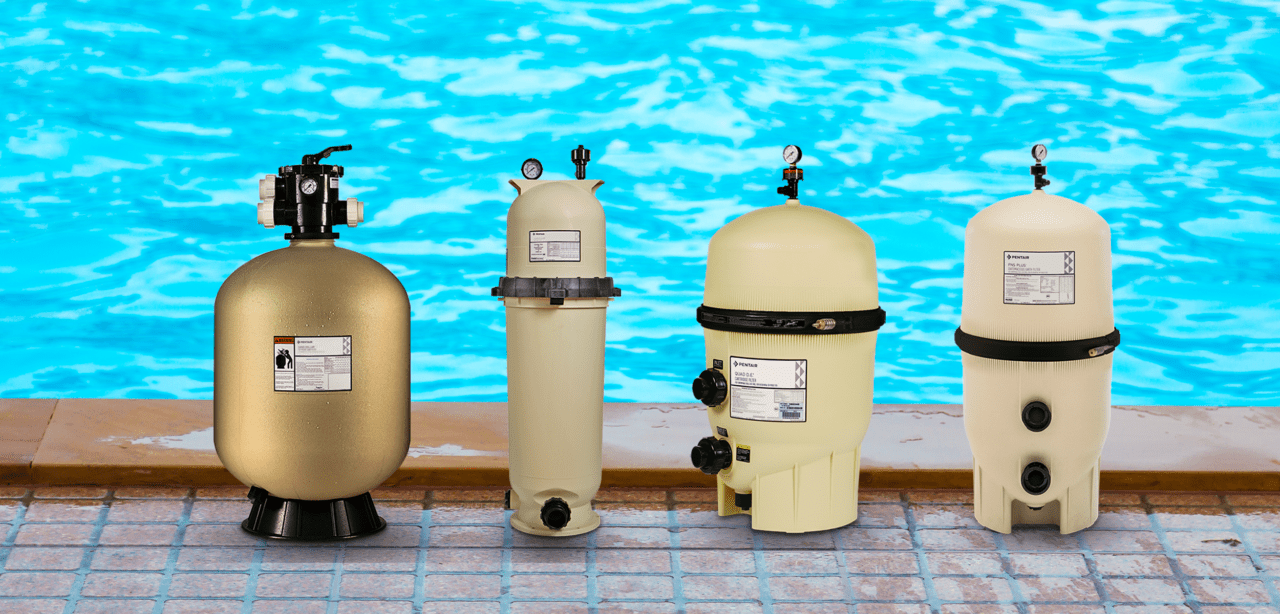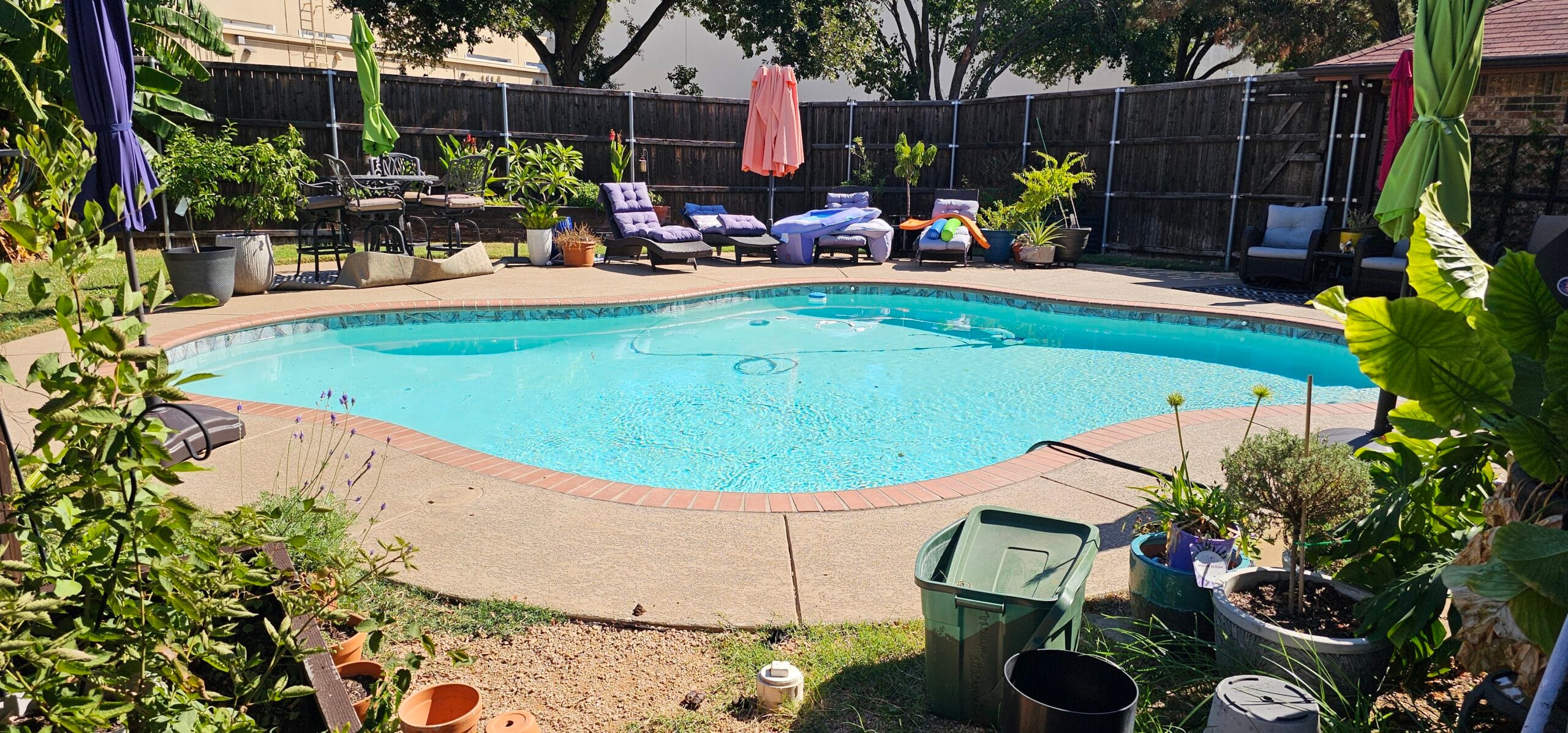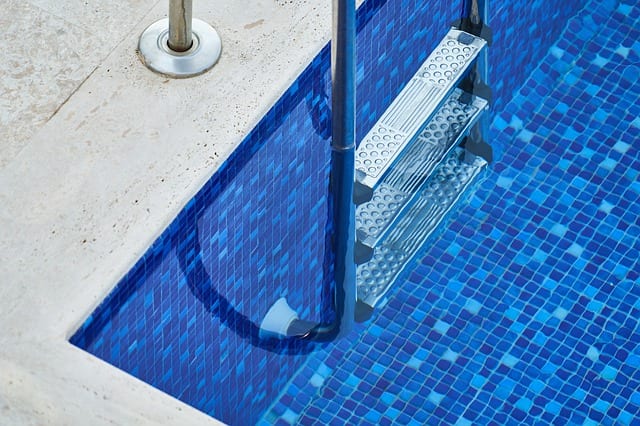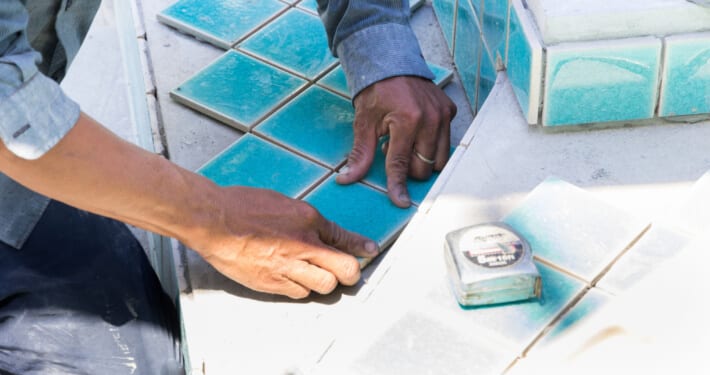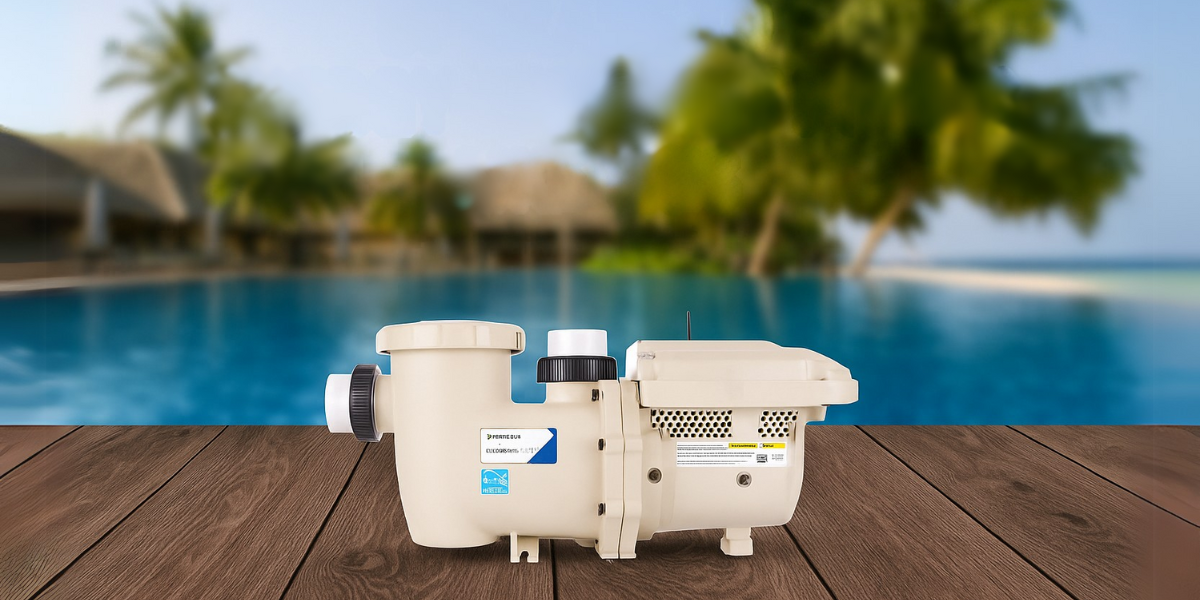Are you stuck with a green pool, or just trying to figure out how to prevent it?
Keeping a clean pool can be troublesome and expensive for even an experienced pool owner. You need to make the right choices so you don’t waste your time and money on products that don’t work.
So how do you know what pool supplies you need? We answer your questions in this post to give you all the tools you need to take action.
Keep reading below to find seven tips to help you find the pool cleaning chemicals you need.
1. Determine What Type of Chlorine You Need
There are three types of chlorine that are used for pool maintenance.
Chlorine Tablets
Tablets are one of the most popular maintenance options. It just requires you to place the tablet in the water floater, and it will dissolve into your pool over time.
Liquid Chlorine
This is another easy to use option. It is poured straight into the pool. The only thing to watch for here is that it does not touch any of your pool parts.
Granular Chlorine
Granular chlorine is the most time-consuming option of the bunch. It requires you to mix with a bucket of warm water with the mixture. However, it is the fastest working chlorine.
2. Find Your pH Levels
Your pH level is what tells you the acidity of your pool. If it is too low or too high, then there are several chemicals to treat the water.
To raise your pH, you will need to add a base like sodium carbonate. If you need to lower it, however, you need to add an acid such as sodium bisulfate.
3. Look for Algae
If left untreated, algae can be a persistent problem for your pool. You could come across any of the following types of algae:
- Green
- Black
- Yellow
- Red
Green algae are the most common type of pool algae found. Once you determine the type, you can pick up an algaecide to help the problem.
4. Tiny Debris
At times you will get pool debris that is too small for your pool filter to catch. You can use a clarifier to combine, or coagulate, these particles, so they are then large enough for the filter to grab.
5. Grease and Oil Problems
If you are being safe, then you are likely using sunscreen when swimming. What you may not know is this, and other cosmetics can stay in the pool and leave a greasy and oily film at the top.
To handle this problem you need to treat your pool with enzymes. They will break down the oils so they can be removed.
6. Handling General Pool Maintenance
Do all of your chemical levels look good?
You may want to shock your pool for general maintenance. Over time your chlorine binds with ammonia and nitrogen, which makes it ineffective. Shocking your pool removes these bonds and cleans the water. It is a good idea to shock your pool every week.
7. How Much of Each Chemical Should You Add?
The same amount of chemicals won’t work for every pool. You need to consider the following factors to figure out how much you need for your treatment:
- Pool size
- Pool shape
- Type of chlorine disinfectant
- Total gallons of water
Find Someone to Help Choose Pool Cleaning Chemicals
If you are new to pool care, then you may not know where to get started with buying pool cleaning chemicals.
If this is you then make sure you contact us today and we will help you find what you need!
Want More tips? Read other Articles


